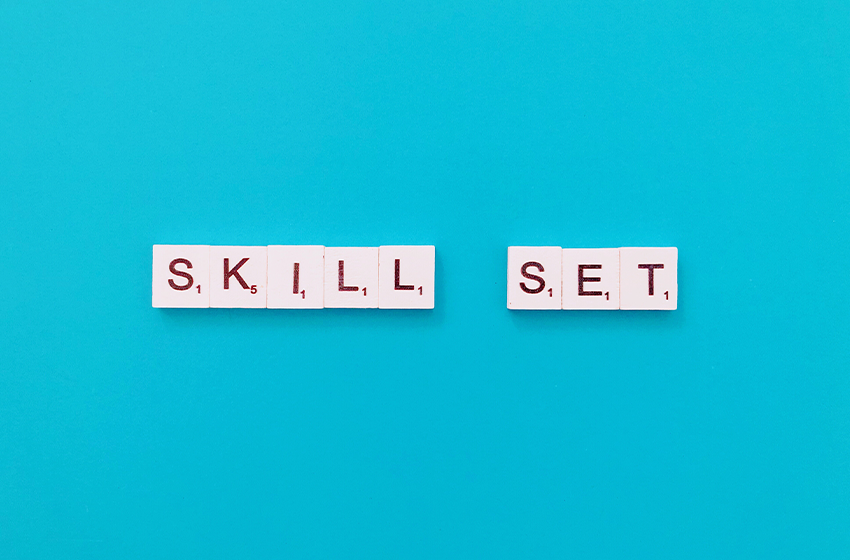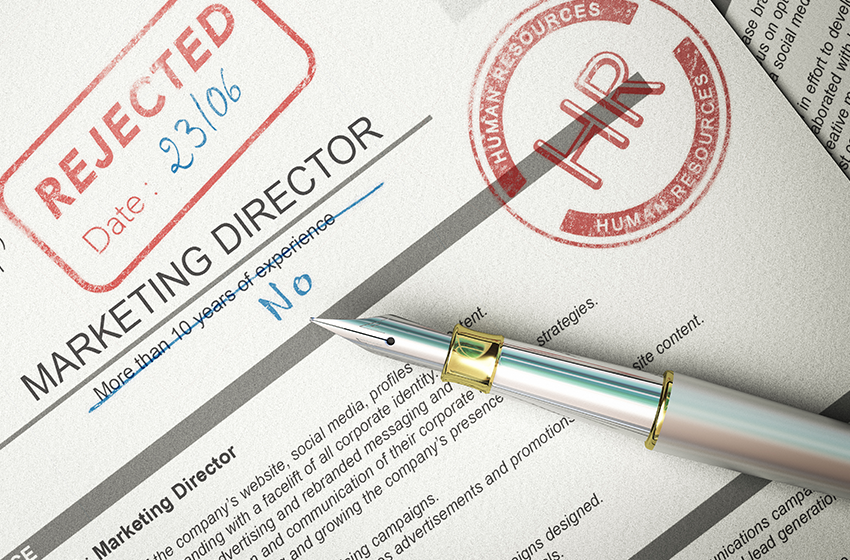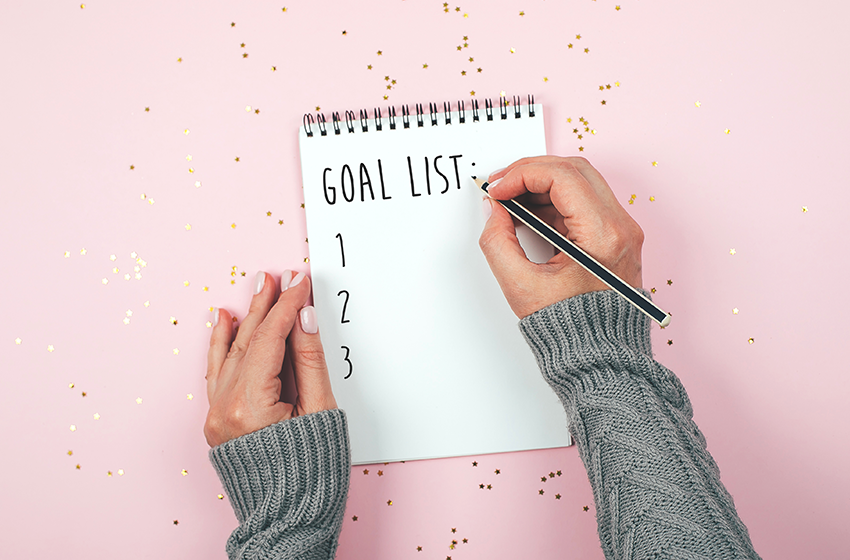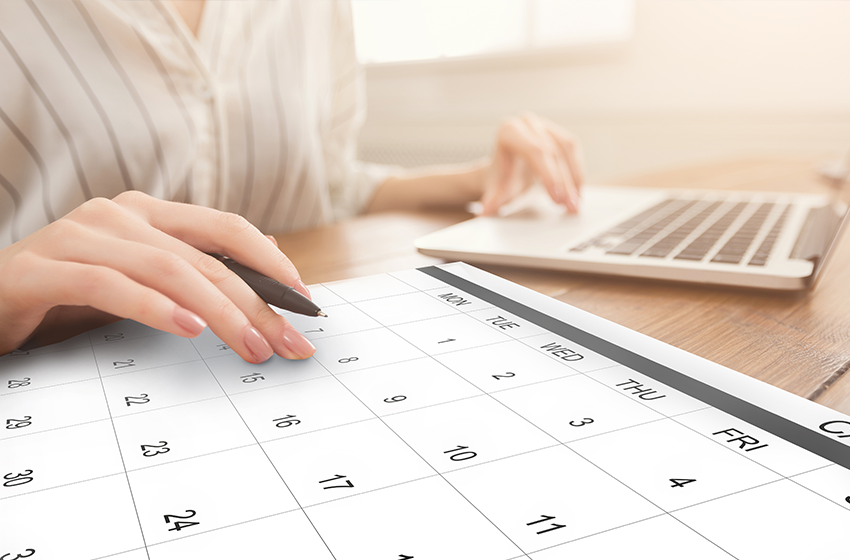It can be easy to get distracted, to find yourself procrastinating, and to avoid the tasks at hand. This will be detrimental to you in the long run. As soon as deadlines that were once so far away are just around the corner and the workload is mounting, you wonder how you can knuckle down and stop procrastinating.
- Recognition
The first step to stopping procrastination is to realize that you are, in fact doing it. It’s impossible to change behaviors unless you are aware of them. If you fill your time with small tasks and do not prioritize, you are probably procrastinating. If you’re consistently leaving items on your to-do lists and not doing them, then you are definitely procrastinating and need to make a change.
- Why
It’s important to work out why it is that you’re procrastinating in the first place. Whether you’re procrastinating because you’re worried that you will fail or worry about success in case you get huge workloads in the future, it is important to work out why. Often perfectionists are surprisingly the worst people for procrastination as they would rather avoid a task than complete it imperfectly.
- Rewards
Do not punish yourself for procrastination in the past; the past is the past for a reason, and we can’t change it now. We can only move forward.
Set yourself clear goals to achieve and even offer yourself some form of reward for achieving it. Accountability is one aspect of procrastination that many people lack; if you haven’t got someone checking up on you, it’s easy to let yourself procrastinate because nobody will find out. A great way to combat this is to let somebody know your goal and have them check in on you; this gives you a sense of accountability and means you need to get the work done.
- Organisation
The key to productivity is ensuring that you have great organizational skills; by creating simply to-do lists every day, you are already more likely to get them all done or at least make progress as opposed to procrastinating. Having a to-do list ensures you can’t accidentally forget about a task; it also helps you to prioritize workloads and work out which work is the most urgent and do this first.
One major problem people have with procrastinating is learning when to do which work, with the most effective way to ensure that you prioritize and tackle the hardest work when you are at your peak performance level.
When setting yourself goals, time-bound, time-sensitive goals make us more focused and likely to succeed as they can’t be cut off. It would help if you remember to have regular breaks, not for procrastination but to stretch your legs and reset your mind; otherwise, you will inevitably procrastinate.









